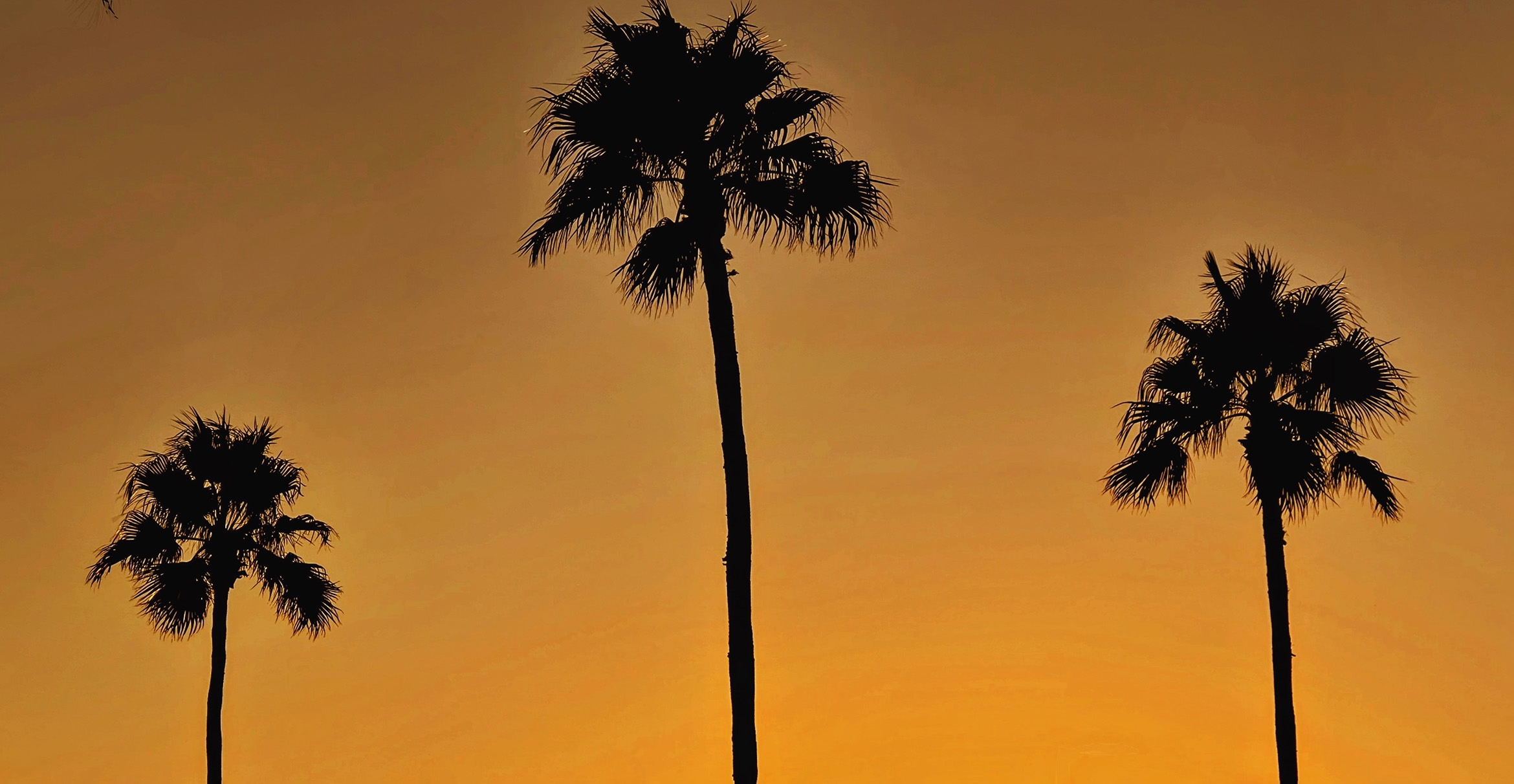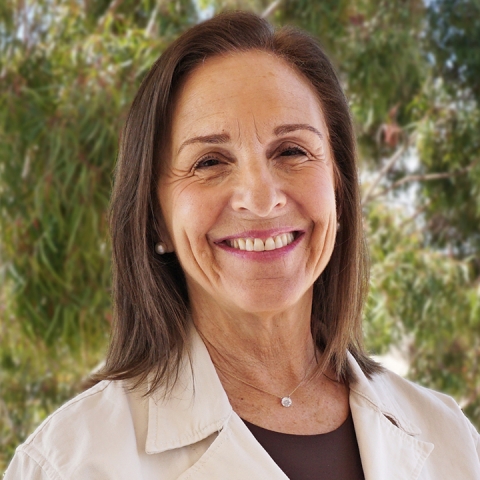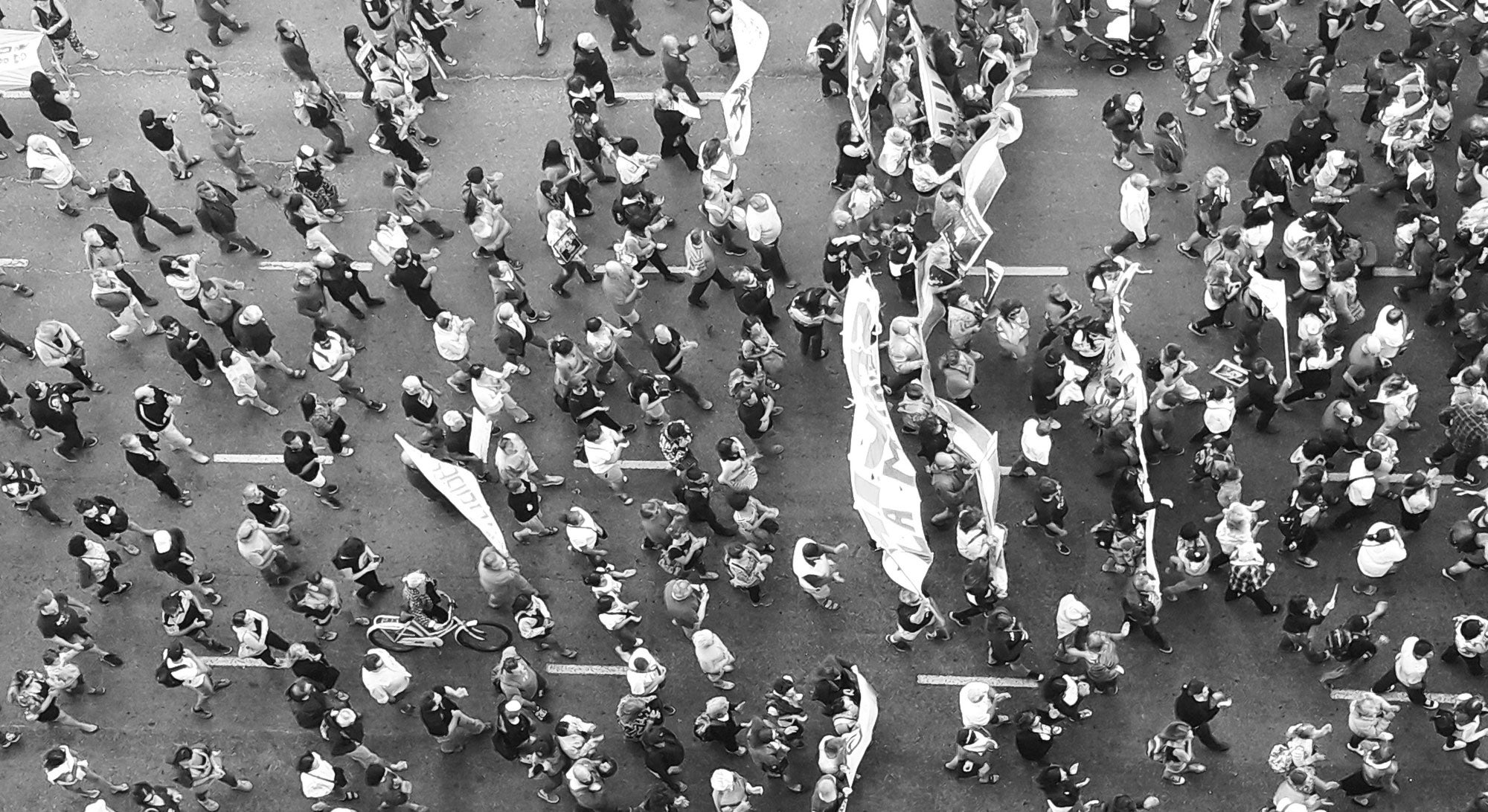
Storytelling is the ideal lens through which to view the light, and the shadows, of California
It’s the Golden State and the Land of Milk and Honey, a beacon of promise for dreamers and a bellwether for innumerable industries, trends and policies. Yet California also has a darker side.
“It is a land of dreams and desires but also a place of deep contradiction,” said Susan Derwin, director of UC Santa Barbara’s Interdisciplinary Humanities Center (IHC). “It’s the fifth largest economy in the world, but also leads the U.S. in poverty and homelessness. For better and for worse, California is a barometer for the rest of the nation. What happens in California reverberates out.”
And so it goes that the state is now the inspiration for “Imagining California,” IHC’s 2023-2024 public events series. Aiming to examine California’s many dichotomies and its endless allure — and to foster discussions at their intersections — Derwin has curated a rich slate of talks featuring authors, journalists and scholars on everything from sea level rise to Barbie.
“California is not just a place, it’s a fantasy,” Derwin said. “With this series we want to explore not only those contradictions, but also the way that California lives in the global imaginary and how California’s histories have come into being. And we wanted to do that by focusing on storytelling and the way that storytelling, in its most rigorous form, maps out these contradictions, desires and places of imagining.”
The series officially kicks off at 4 p.m. Thursday, Oct. 12, with the inaugural talk, “Imagine This: The (Re) Generation of Place,” by Cherríe Moraga, a distinguished professor of English at UC Santa Barbara, an internationally recognized poet, essayist, playwright, author and editor. In her words, the evolving work that she will present “journeys through her home-country of California […] In part, it is reflective of a queer embodied half-century inquiry — writing of place and out of place, perhaps unknowingly inspired by a once-paradisal Califas of women of color warriors.” Her talk will be held in the McCune Conference Room, 6020 Humanities & Social Science Building (HSSB), and followed by an audience Q&A and a reception.
It is series tradition to lead off with a presenter from the university.
“Cherríe’s voice is singular and unique,” noted Derwin, “but she also is reflecting and commenting on the collective histories of California — the experiences of cultures and communities — and giving voice to them through her own very personal responses and travels.
“This entire series is meant to spark conversations and to enable people to experience the power of story as a way of shaping and framing questions, concerns and dreams, and a way of responding to problems when we care about the experiences of people living them,” she continued. “Stories give people the opportunity to see their own experience registered and recognized as universal. If you don’t see your own experience received and refracted through the presence and response of other people, you live alone. The humanities provide those tools of storytelling and help us learn how to reflect on the meaning of all stories – our own, our community’s — and our histories.”
Upcoming events in the “Imagining California” series include:
• “Is Barbie Feminist? It’s Complicated,” with “L.A. Made: The Barbie Tapes” podcaster M.G. Lord, author of “Forever Barbie: The Unauthorized Biography of a Real Doll” and an associate professor of English at USC; Thursday, Oct. 19, 4–6 p.m., McCune Conference Room, 6020 HSSB
• “The Dreamt Land: How the Invention of California Became Miracle and Ruin,” with journalist Mark Arax, two-time winner of the California Book Award; Thursday, Nov. 16, 4–6 p.m., McCune Conference Room, 6020 HSSB
• “Writing California,” with Susan Straight, multiple award-winning author of, most recently, “Mecca” (2022), a New York Times Top Ten California Book, and a UC Riverside distinguished professor of creative writing; Thursday, Feb. 1, 2024, 4–6 p.m., McCune Conference Room, 6020 HSSB
• “California Against the Sea: Visions for Our Vanishing Coastline,” with Los Angeles Times environmental reporter Rosanna Xia, author of the new book, “California Against the Sea” and former Pulitzer Prize finalist; Thursday, Feb. 8, 2024, 4–6 p.m., McCune Conference Room, 6020 HSSB
• “Aesthetic Mobility and Solidarities at Self Help Graphics & Art,” with scholars Karen Mary Davalos, a professor of Chicano and Latino Studies at University of Minnesota and Tatiana Reinoza, an assistant professor of art history at the University of Notre Dame, co-editors of the volume “Self Help Graphics at Fifty”; Friday, Feb. 23, 12–1 p.m., via Zoom (registration is required to receive link)
Additional talks may be announced as the series continues.
“Knowledge is embodied in the experiential. We want to listen to the voices of people whose experiences can teach us about our shared world,” Derwin said. “Storytelling is performative and it is transformative – for individuals and for communities. That remains a fundamental commitment of the IHC, to put stories in place that otherwise may not be heard, and to give people the tools to tell their own stories.”
Shelly Leachman
Editorial Director
(805) 893-2191
sleachman@ucsb.edu




